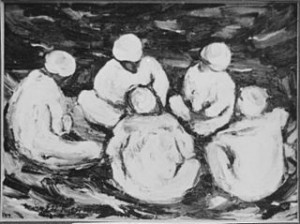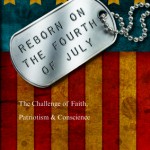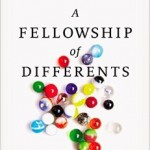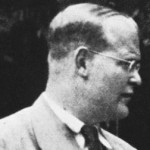 At the Ekklesia Project gathering later this week, I will be leading lectio divina sessions on John 15:4-17.
At the Ekklesia Project gathering later this week, I will be leading lectio divina sessions on John 15:4-17.
Doing lectio in a congregational (or small group) setting is a fruitful practice that will lead churches deeper into the life that John and I are calling Slow Church.
Mark Lau Branson, who led the lectio divina sessions at last summer’s EP Gathering, pointed us to the following thoughts on congregational lectio divina:
Argentinean/Chicagoan Nancy Bedford, after expositing an ecclesial missiology grounded in the Trinity and the incarnation, focuses on discernment with attention to how the Holy Spirit engages the church in God’s initiatives. Churches do not to receive master plans from books or hierarchy but instead are called to develop skills and habits for timely and local faithfulness: “The practice of discernment helps people in community, at a given time and place, to find out what actions appear to be consistent with their stand against evil, their desire to respond concretely to need, and their commitment to follow the way of Jesus Christ.” Bedford draws on Luther and Bonheoffer in reclaiming the medieval monastic hours of lectio, meditatio, oratio, tentatio. It is helpful that Bedford both honors a tradition and cites Paul Ricoeur’s work on a hermeneutic of both suspicion and redemption; church work is penultimate. (Nancy Bedford in Padilla & Yamamori, The Local Church as Agent of Transformation)
Thus, abiding in the biblical text, the story of God’s work in creation, through a practice like lectio divina, creates a space for conversation and discernment about what faithfulness looks like in our own particular places. Following the Slow Food movement’s cardinal virtues of Good, Clean and Fair, John and I are challenging churches to reimagine their life together through three parallel facets: Ethics (a preference for quality over quantity), Ecology (attentiveness to God’s reconciliation of an interconnected creation) and Economy (Recognizing God’s abundant provision and ordering our life together in a way that reflects gratitude and generosity).
Congregational Lectio Divina is a shared practice that points us in this direction:
Ethics – In learning to abide with the text and each other, we learn also to savor the good gifts of God
Ecology – We begin to discern our local role in God’s mission of reconciling an inter-connected creation
Economy – We discern and grow deeper into an Oiko-nomos, an ordering of our life together as the family of God in our particular place.
——–
Image via Wikimedia Commons…












